Top billed cast
ZacharieVoix off
Yakir ArbibSelf
Alain BédardSelf
Conti BilongSelf
Médéric CollignonSelf
 Tricia EvySelf
Tricia EvySelf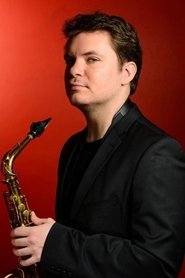 Baptiste HerbinSelf
Baptiste HerbinSelfViktoria GecyteSelf
David GeorgeletSelf
KevinSelf
Similar to Paris Jazz Joie de Vivre
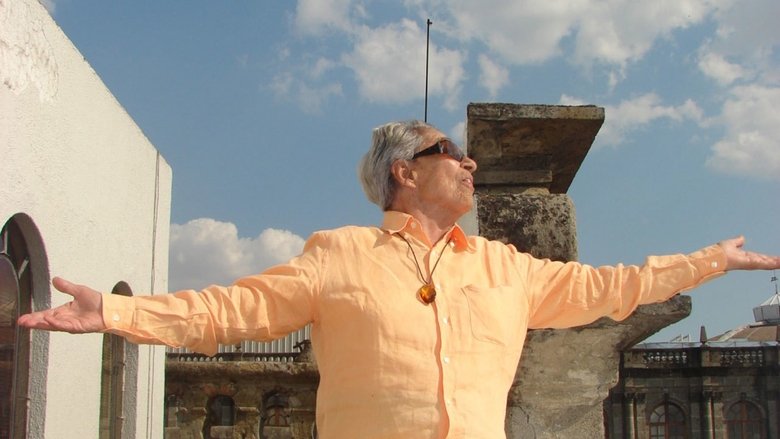
Chavela (2017)
Inspired by an exclusive interview and performance footage of Chavela Vargas shot in 1991 and guided by her unique voice, the film weaves an arresting portrait of a woman who dared to dress, speak, sing, and dream her unique life into being.
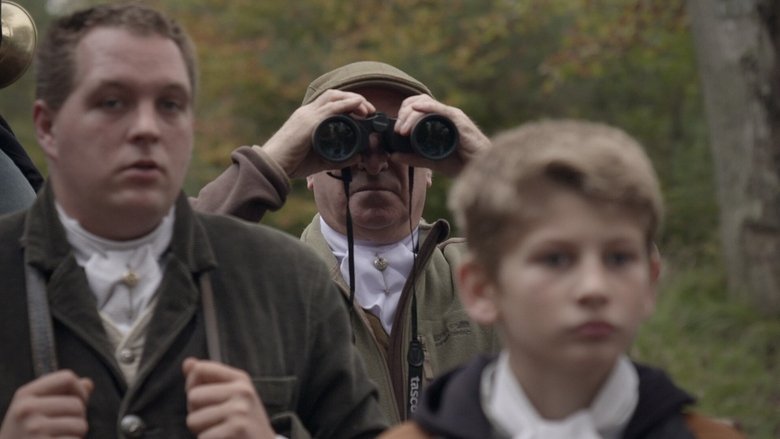
We (2022)
An urban train link, the RER B, crosses Paris and its outskirts from north to south. A journey within indistinct spaces known as inner cities and suburbs. Several portraits, all individual pieces that form a whole. We.
Toronto Jazz (1963)
Toronto is regarded as the third largest jazz centre in North America. This film features a cross-section of jazz bands of that city: the Lenny Breau Trio, the Don Thompson Quintet and the Alf Jones Quartet. Their styles show creative self-expression, hard work, and improvisation.
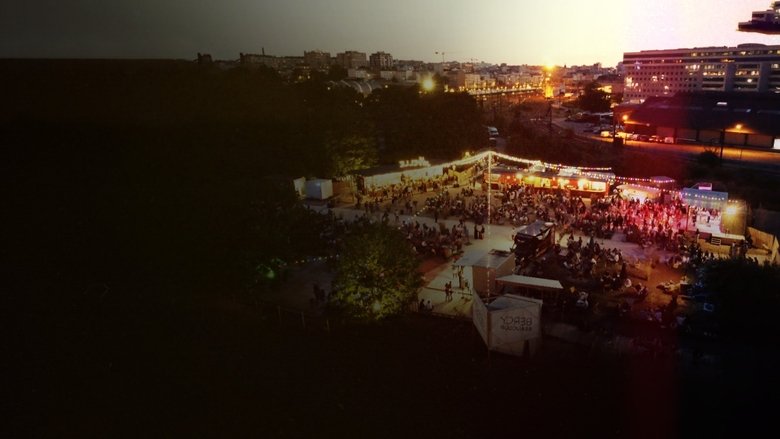
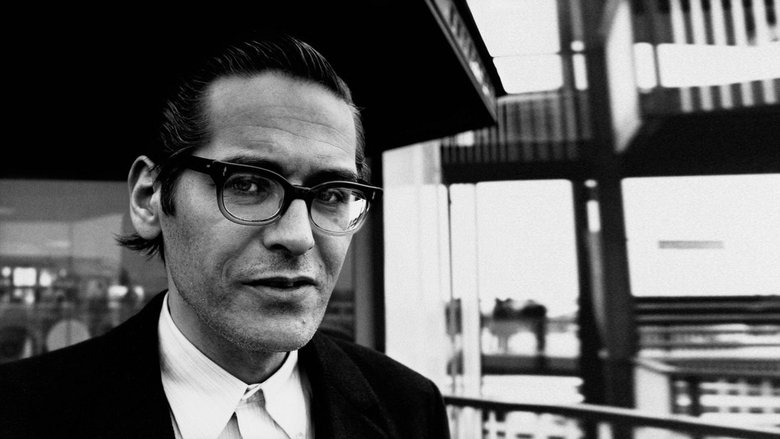
Bill Evans Time Remembered (2015)
A biographical film featuring the music and times of Bill Evans with interviews from Tony Bennett, Jack Dejohnette, Billy Taylor, Paul Motian, Jon Hendricks, Orin Keepnews, Bobby Brookmeyer, Pat Evans and more, including family and friends who knew Bill Evans well.
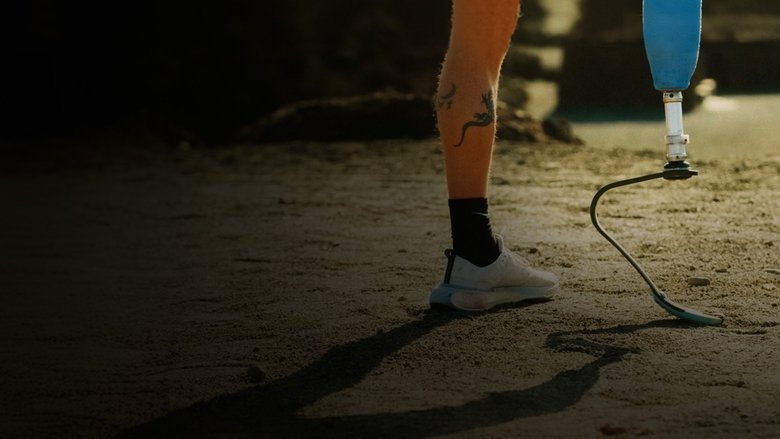
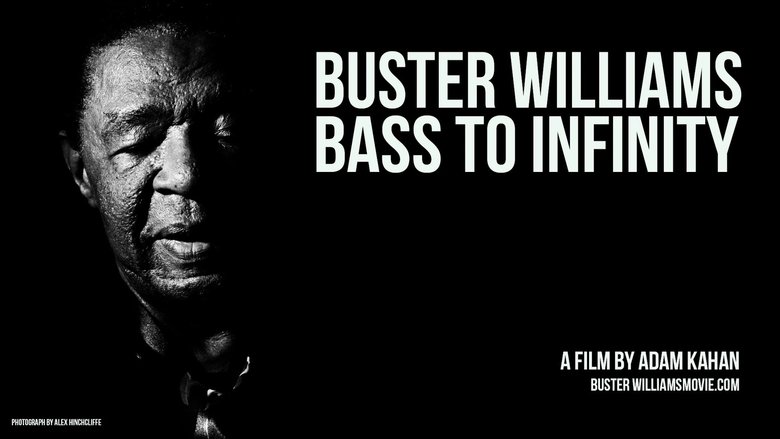
Buster Williams Bass to Infinity (2019)
Imagine hanging out with Charlie Parker and Dizzy Gillespie, hearing them jam together, trading riffs, then riffing with words and trading stories. Bird and Diz are gone, but giants still walk among us. One of those giants is Buster Williams. Buster has played with everyone - Miles, Sarah Vaughan, Nancy Wilson, Art Blakey, and on. In this intimate portrait, Buster trades stories, and plays, with some of the world's greatest musicians - Benny Golson, Herbie Hancock, Christian McBride and others, and takes us on a journey through his life, legacy, and America's greatest art form - the truly universal music called Jazz.
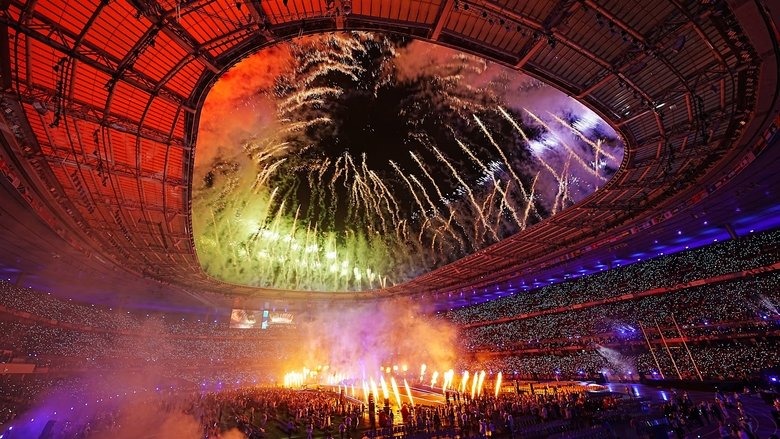
Paris 2024 Paralympic Closing Ceremony (2024)
On Sunday 8 September at Stade de France, the Closing Ceremony of the Paris 2024 Paralympic Games officially drew 11 days of competition to a close. Called Paris est une fête, the ceremony, directed by Thomas Jolly and designed by Romain Pissenem, paid tribute to the 4,400 athletes who took part. But the ceremony also highlighted the history of electronic music and of Paris as a city of celebration and culture.
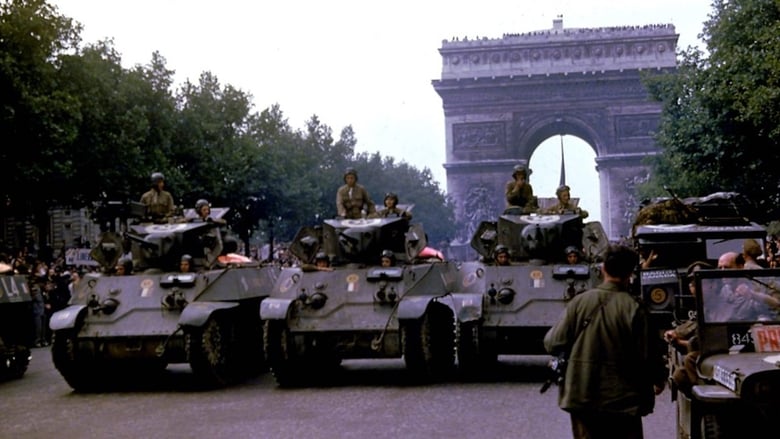
D-Day to Berlin: A Newsnight Special (1985)
George Stevens's remarkable film is acclaimed by historians as the most important colour footage taken during the war. Milestones covered include the liberation of Paris, the link-up between the Russian and American armies on the River Elbe and the Allied capture of the Dachau concentration camp.
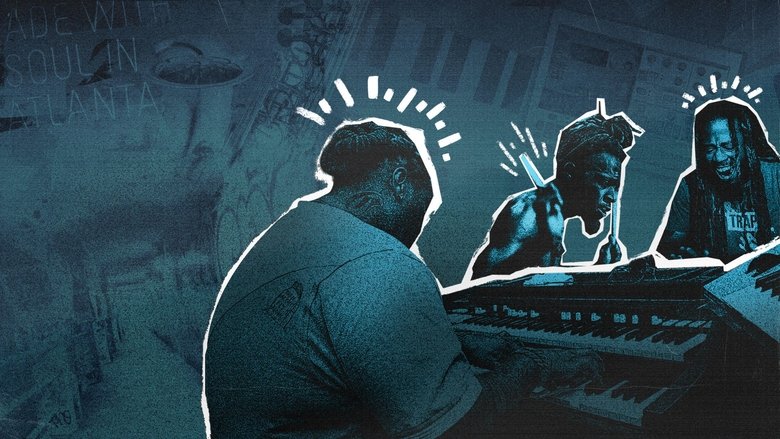
Trap Jazz (2023)
Atlanta musicians behind some of the biggest names in music embark on an uncertain journey into the spotlight with a new genre of music that fuses trap music with jazz.
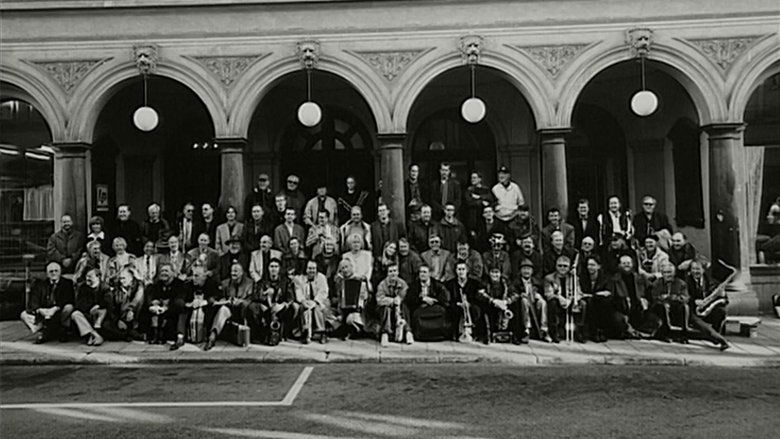
Nalen (1998)
Documentary about legendary Swedish jazz club "Nalen" featuring interviews with old musicians and singers, and old clips from the place in its glory days
What Difference Does It Make? (2014)
A documentary that explores the challenges that a life in music can bring.
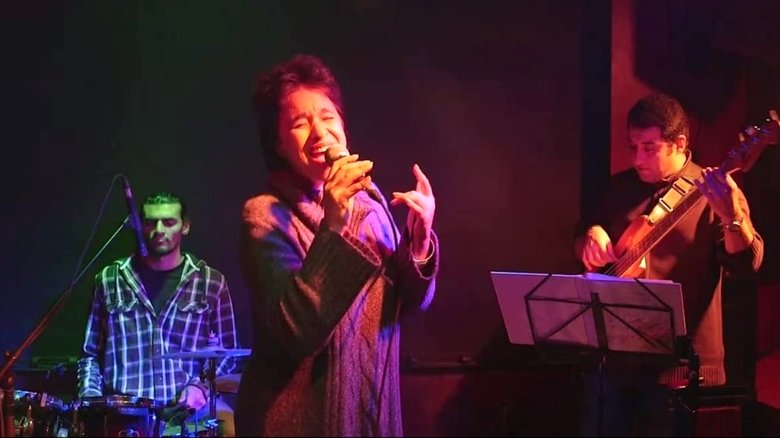
Cairo Jazzman (2017)
A documentary about Cairo Jazz Festival's Amr Salah and his struggle every year to bring people and arts together in a country where 70% of people are under 30 and the Officials do not care about culture too much.

Paris in the Belle Epoque (2019)
The Bokelberg photographic collection brings to life the Paris of the Belle Époque (1871-1914), an exhibition of workshops and stores with extremely beautiful shop windows before which the owners and their employees proudly pose, hiding behind their eyes the secret history of a great era.
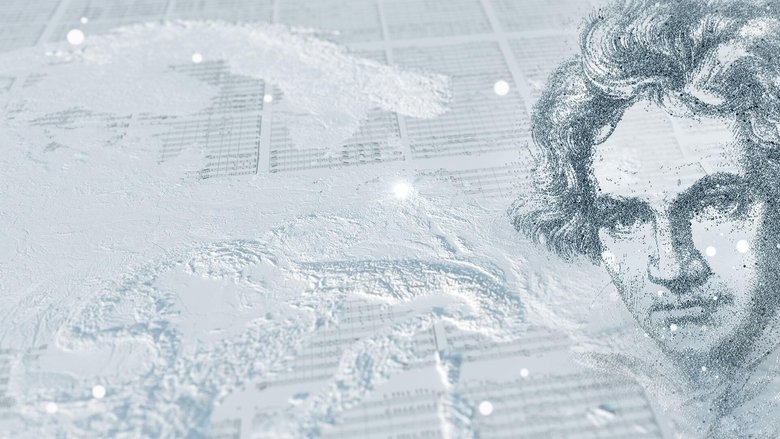
A World Without Beethoven? (2020)
"What would the world be like without Beethoven?" That’s the provocative question posed by this music documentary from Deutsche Welle. To answer it, the film explores how Ludwig van Beethoven's innovations continue to have an impact far beyond the boundaries of classical music, 250 years after his birth.
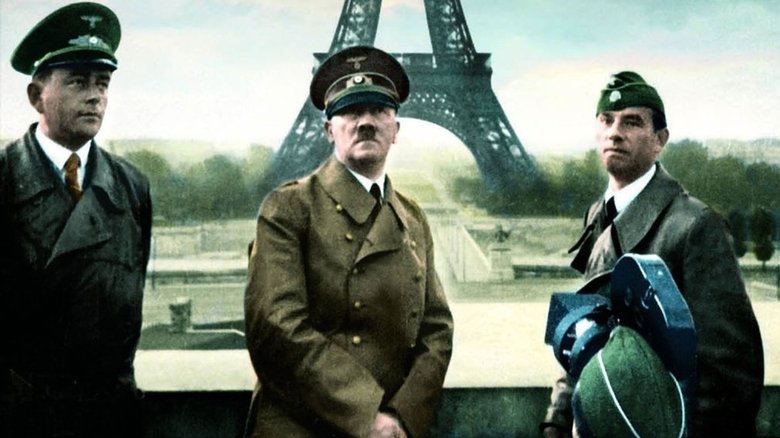
June 1940, the Great Chaos (2010)
From May 10, 1940, France is living one of the worst tragedies of it history. In a few weeks, the country folds, and then collapsed in facing the attack of the Nazi Germany. On June 1940, each day is a tragedy. For the first time, thanks to historic revelations, and to numerous never seen before images and documents and reenacted situations of the time, this film recounts the incredible stories of those men and women trapped in the torment of this great chaos.
The Way South (1981)
Johan van der Keuken went against the grain in 1980: from Amsterdam (on April 30 with the coronation riots and squatting actions) via Paris, southern France and Italy to Egypt. He made his personal travelogue in three parts for VPRO television. Later, he fused the three parts into one long movie.
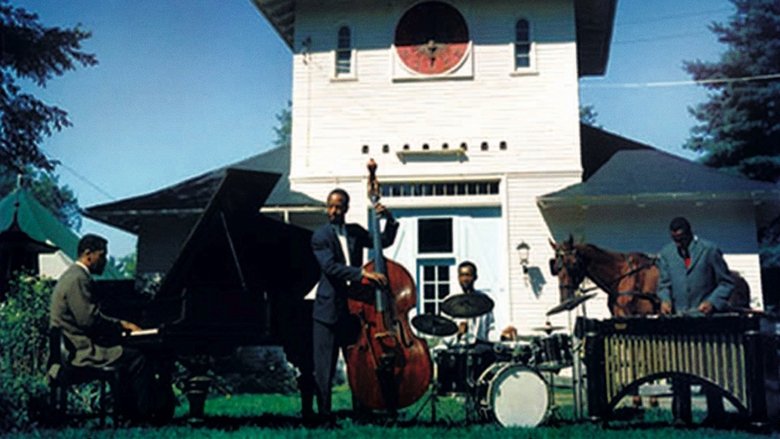
Music Inn (2007)
During a decade rife with paranoia, in the middle of the McCarthy era, Music Inn was a bold experiment. Halfway between the Second World War and The Civil Rights Movement, Phil and Stephanie Barber created an oasis in the Berkshire Hills in Western Massachusetts where aspiring musicians came to learn from the very best. Students and faculty, young and old, rich and poor, white, black, and brown convened together and learned from each other. Defying the surrounding environment, Music Inn harbored a racial and cultural harmony where music was all that mattered.
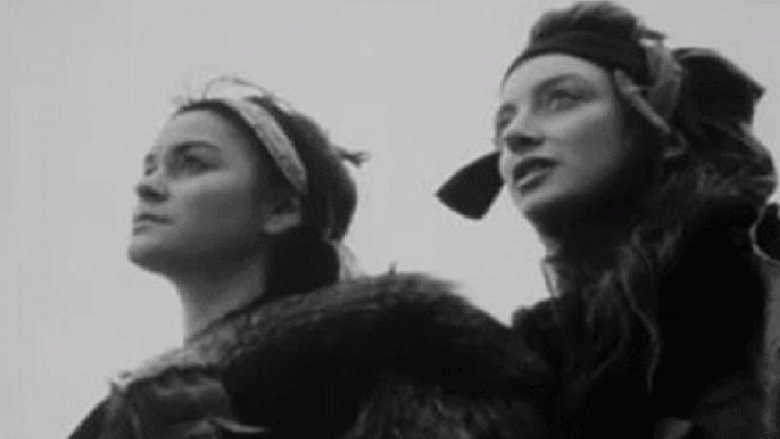
Ghost Dance (1983)
Through the experiences of two women in Paris and London, Ghost Dance offers an analysis of the complexity of our conceptions of ghosts, memory and the past. The film focuses on the French philosopher Jacques Derrida, who observes, 'I think cinema, when it's not boring, is the art of letting ghosts come back.' He also says that 'memory is the past that has never had the form of the present.'
Dave Brubeck: In His Own Sweet Way (2010)
A chronological look at the life and career of jazz musician, composer, and performer Dave Brubeck (1920-2012 ), presented through contemporary interviews, archival footage of interviews and performances, and commentary by family, fellow musicians, and aficionados. Emphases include his mother's influence, his wife's invention of college tours, his skill as an accompanist, the great quartet (with Desmond, Morello, and Wright), his ability to find musical ideas everywhere, his orchestral compositions, his religious conversion, and his unflagging sweet nature.